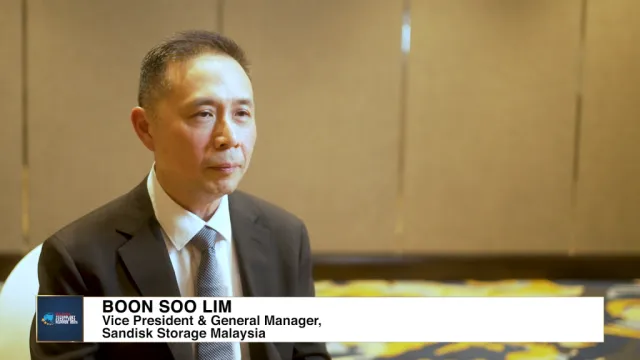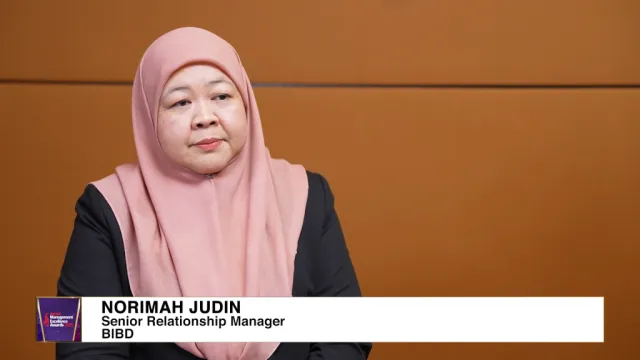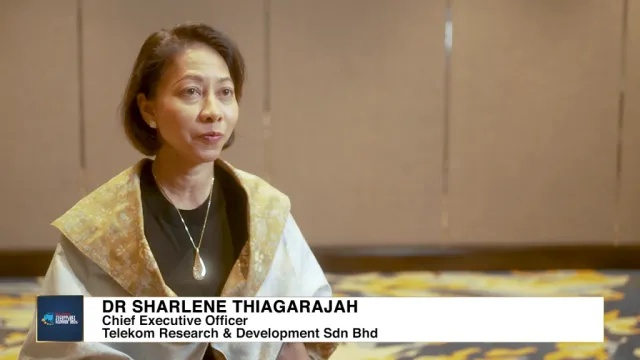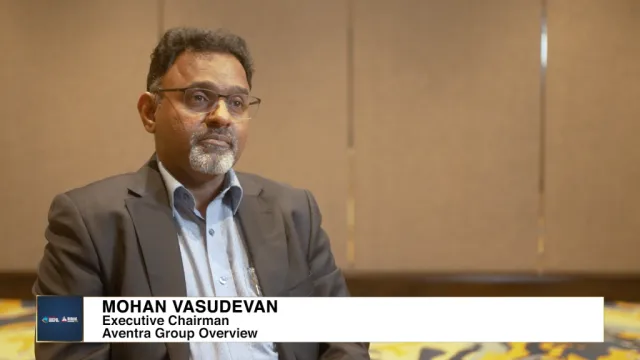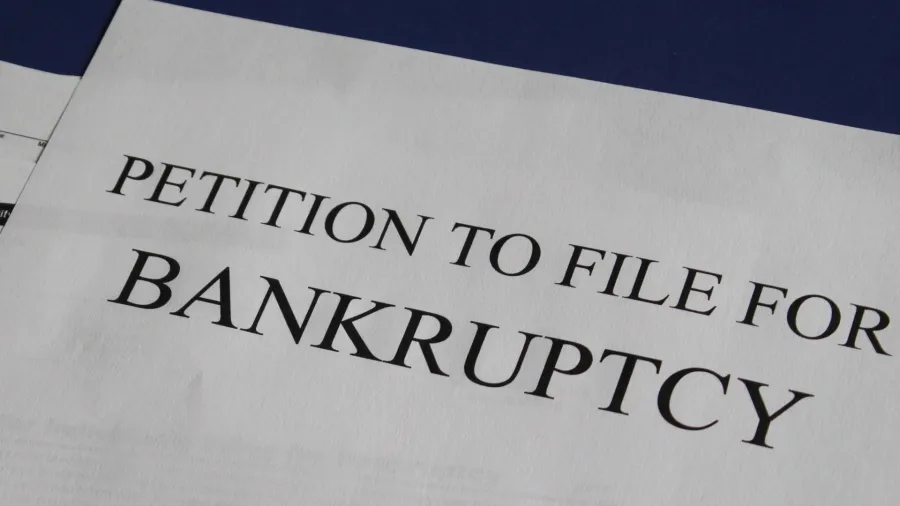
Private trustees take over bankruptcy cases in Singapore
Legal experts said this change will speed up bankruptcy cases, but warn of negative implications.
Starting September, Singapore will heavily reduce the use of public resources in private debt recovery. This is because under the amended Insolvency, Restructuring and Dissolution Act (IRDA), all bankruptcy proceedings will now be handled by private trustees, except for cases deemed as public interest.
This marks a significant departure from the previous bankruptcy regime in Singapore, where the Official Assignee (OA)–a statutory office under the Ministry of Law–acted as the default trustee of creditors and debtors in bankruptcy cases. Institutional creditors, such as banks and financial institutions, were the only ones required to appoint Private Trustees in Bankruptcy (PTIBs).
“[The OA] will be able to focus more on its regulatory role and functions, including ensuring the PTIBs’ competencies and legislative compliance in bankruptcy administration, as well as in the exercise of their statutory powers of investigation and prosecution,” Shaun Lee, partner of the Dispute Resolution team in Bird & Bird ATMD LLP, said.
According to Lee, the OA administers about 60% of bankruptcy cases in Singapore.
Under the amended bill, a PTIB must be a licensed insolvency practitioner (IP) which includes solicitors, public accountants, and chartered accountants.
In 2022, 958 bankruptcy orders were made in Singapore. If PTIBs were handling cases back then, each trustee would have approximately six cases, given that there are almost 190 licensed insolvency practitioners in Singapore.
Lam Zhen Yu, senior associate in the Restructuring and Insolvency team at Withers KhattarWong, underscored that IPs are “free to hire managers and staff to assist them in their duties, especially in respect of operational and/or administrative tasks, therefore the human resources available to administer bankruptcy cases is not limited to these licensees.”
RELATED: Cash flow test now sole determinant for company insolvency
Felicia Tan, Partner, Litigation & Dispute Resolution at TSMP Law Corporation, said it is only “fair of private creditors seeking recovery against an individual, to bear the time and cost implications of appointing a private trustee, since in most instances they [private creditors] are the ones, not the State, nor the wider public at large, who will stand to receive distributions from the bankrupt’s estate in repayment of the debt.”
“In my experience, the bulk of individual bankruptcies arise from private debt recovery, comprising debt such as unsecured debt owed to financial institutions, breach of contract, debt arising from or after private disputes between individuals, or trade debt,” said Tan.
With the OA being relieved of the bulk of bankruptcy cases, there will be “higher likelihood of the undischarged bankrupt having the administration of their bankruptcy completed at a faster rate as it removes the bottleneck that currently exists with OA-administered bankruptcies due to the volume of cases being handled by the OA alone,” said Adly Rizal, Associate, Dispute Resolution team in Bird & Bird ATMD LLP.
“The change should also result in the undischarged bankrupt getting faster responses to any queries they may have regarding their bankruptcy administration given the lower PTIB to undischarged bankruptcy ratio,” Rizal added.
A win for IPs
Whilst the amendment bill might seem to be most beneficial to the OA, legal experts believe that the amended act is also a win for IPs acting as PTIBs.
Previously, the PTIB’s remuneration could only be determined through an involved multi-stage approval process, which resulted in additional costs for the bankruptcy administration. These costs, in turn, reduced the surplus of assets to distribute to the creditors, according to Lee.
According to Lam, the amendment bill introduces “provisions to simplify the process for determining PTIBs' remuneration, which is ultimately determined by the creditors, or by the Court if the creditors object,” said Lam.
The amendments now mean that a creditor is deemed to have agreed to the remuneration proposed by the PTIBs if the creditor does not object within a prescribed time and in a prescribed manner, Prakash Pillai, managing director at Clasis LLC and partner at Clyde & Co Clasis Singapore, said. The amendments can also potentially increase the revenue stream for PTIBs, said Rizal.
He, however, warned that in instances of administering “small” cases where the amount of assets realised is not commensurate with the time spent in administering the case, PTIBs may also be left “out-of-pocket.”
Negative implications
Although the amendment bill presents multiple benefits to parties involved in bankruptcy cases, legal experts warned that the new rules may have negative implications in the future.
For instance, Singapore’s shift to a fully PTIBs-led bankruptcy regime will likely result in “more applications brought by disgruntled debtors or creditors in court to review the omission or decisions of the PTIBs.
“Under the bill, decisions of the PTIBs are subject to the scrutiny of the court.That said, the risk of interference from the Court should not be overstated, given that the court undertakes the perversity standard of review,” Junxiang Koh, legal director at Clasis LLC, Singapore, said.
Citing the government, Bird & Bird’s Lee said one provision of the bill can create undue inconvenience to some bankrupts performing certain job roles where they may have to receive and handle deposits of large sums on a frequent day-to-day basis.
“One of the new clauses is envisaged to protect the public in their dealings with bankrupts in commercial transactions. In particular, it will become an offence for an undischarged bankrupt to receive a deposit of at least $10,000 from any such person, if the bankrupt does not disclose their bankruptcy status to that person. [This includes cases where] the deposit is being made to a company and the undischarged bankrupt is authorised by the company to collect these deposits,” Lee said.
Whilst the Minister for Law may exempt any person or class of persons from this new offence, Lee said it “remains a somewhat open question as to what such an exemption would look like and how it would work in practice.”
Awaited development
Weighing the pros and cons of the amended bill, Tan said the changes proposed by the government “strike a necessary balance, and is quite an awaited development.”
“We see the regime shifting away from the habit of a single creditor instituting bankruptcy proceedings against a debtor just as a strategic move to bring the debtor to the table, without much risk of costs if the strategy fails and the debtor is made a bankrupt,” Tan said.
Legal experts also believe that the bill will put Singapore in line with practices of several other jurisdictions.
“The United States and Canada already mandate the appointment of the equivalent of PTIBs for bankruptcy administration in those jurisdictions. Singapore is therefore moving in line with these jurisdictions,” Koh said.
Bird & Bird’s Lee added that in a way the bill also help Singapore be a destination of choice for corporate debt restructuring.
“One of the amendments seeks to extend the period for the simplified insolvency programme (SIP) for another two years to 28 January 2023. The SIP seeks to provide simpler, faster, and lower-cost proceedings to assist micro and small companies which may be unlikely to have the resources to attempt to wind up or restructure their debts on their own,” said Lee.
“Whilst the SIP does not apply to foreign incorporated companies, nonetheless, this could have an impact on commercial parties choosing Singapore to incorporate their business vehicles and, in that fashion, assist in bolstering Singapore status as a destination of choice for corporate debt restructuring,” Lee added.

 Advertise
Advertise
